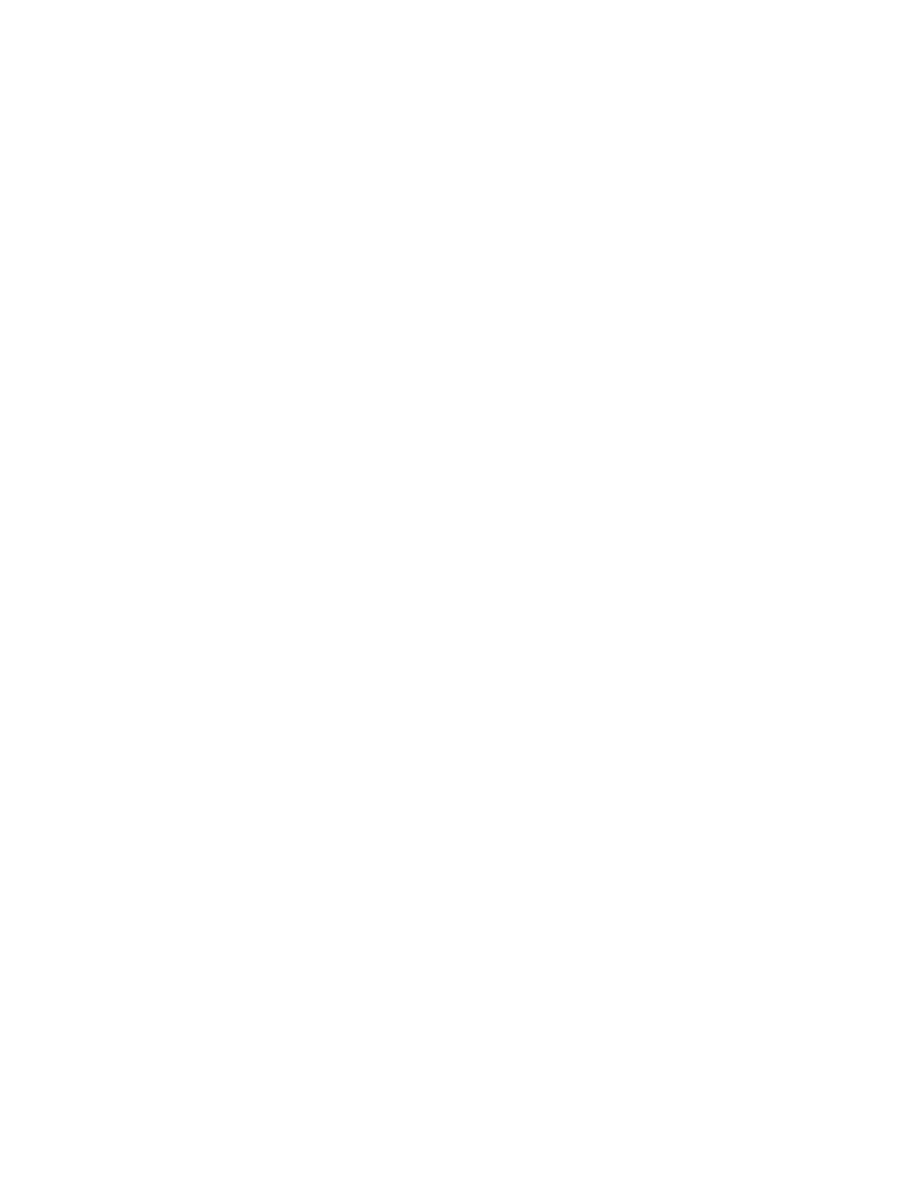
532
14 CFR Ch. I (1–1–19 Edition)
§ 61.51
(iii) Location where the aircraft de-
parted and arrived, or for lessons in a
full flight simulator or flight training
device, the location where the lesson
occurred.
(iv) Type and identification of air-
craft, full flight simulator, flight train-
ing device, or aviation training device,
as appropriate.
(v) The name of a safety pilot, if re-
quired by § 91.109 of this chapter.
(2) Type of pilot experience or train-
ing—
(i) Solo.
(ii) Pilot in command.
(iii) Second in command.
(iv) Flight and ground training re-
ceived from an authorized instructor.
(v) Training received in a full flight
simulator, flight training device, or
aviation training device from an au-
thorized instructor.
(3) Conditions of flight—
(i) Day or night.
(ii) Actual instrument.
(iii) Simulated instrument conditions
in flight, a full flight simulator, flight
training device, or aviation training
device.
(iv) Use of night vision goggles in an
aircraft in flight, in a full flight simu-
lator, or in a flight training device.
(c)
Logging of pilot time.
The pilot
time described in this section may be
used to:
(1) Apply for a certificate or rating
issued under this part or a privilege au-
thorized under this part; or
(2) Satisfy the recent flight experi-
ence requirements of this part.
(d)
Logging of solo flight time.
Except
for a student pilot performing the du-
ties of pilot in command of an airship
requiring more than one pilot flight
crewmember, a pilot may log as solo
flight time only that flight time when
the pilot is the sole occupant of the
aircraft.
(e)
Logging pilot-in-command flight
time.
(1) A sport, recreational, private,
commercial, or airline transport pilot
may log pilot in command flight time
for flights-
(i) Except when logging flight time
under § 61.159(c), when the pilot is the
sole manipulator of the controls of an
aircraft for which the pilot is rated, or
has sport pilot privileges for that cat-
egory and class of aircraft, if the air-
craft class rating is appropriate;
(ii) When the pilot is the sole occu-
pant in the aircraft;
(iii) When the pilot, except for a
holder of a sport or recreational pilot
certificate, acts as pilot in command of
an aircraft for which more than one
pilot is required under the type certifi-
cation of the aircraft or the regula-
tions under which the flight is con-
ducted; or
(iv) When the pilot performs the du-
ties of pilot in command while under
the supervision of a qualified pilot in
command provided—
(A) The pilot performing the duties of
pilot in command holds a commercial
or airline transport pilot certificate
and aircraft rating that is appropriate
to the category and class of aircraft
being flown, if a class rating is appro-
priate;
(B) The pilot performing the duties of
pilot in command is undergoing an ap-
proved pilot in command training pro-
gram that includes ground and flight
training on the following areas of oper-
ation—
(
1
) Preflight preparation;
(
2
) Preflight procedures;
(
3
) Takeoff and departure;
(
4
) In-flight maneuvers;
(
5
) Instrument procedures;
(
6
) Landings and approaches to land-
ings;
(
7
) Normal and abnormal procedures;
(
8
) Emergency procedures; and
(
9
) Postflight procedures;
(C) The supervising pilot in command
holds—
(
1
) A commercial pilot certificate and
flight instructor certificate, and air-
craft rating that is appropriate to the
category, class, and type of aircraft
being flown, if a class or type rating is
required; or
(
2
) An airline transport pilot certifi-
cate and aircraft rating that is appro-
priate to the category, class, and type
of aircraft being flown, if a class or
type rating is required; and
(D) The supervising pilot in command
logs the pilot in command training in
the pilot’s logbook, certifies the pilot
in command training in the pilot’s log-
book and attests to that certification
with his or her signature, and flight in-
structor certificate number.
VerDate Sep<11>2014
16:30 Jun 25, 2019
Jkt 247047
PO 00000
Frm 00542
Fmt 8010
Sfmt 8002
Q:\14\14V2.TXT
PC31
kpayne on VMOFRWIN702 with $$_JOB